Down to Earth —— Politics in the New Climatic Regime
----- 在新的气候体制下的政治
1. A hypothesis as political fiction: the explosion of inequalities and the denial of climate change are one and the same phenomenon. 2. Thanks to America's abandonment of the climate agreement, we now know clearly what war has been declared. 3. The question of migrations now concerns everyone, offering a new and very wicked universality: finding oneself deprived of ground. 4. One must take care not to confuse globalization-plus with globalization-minus. 5. How the globalist ruling classes have decided to abandon all the burdens of solidarity, little by little. 6. The abandonment of a common world leads to epistemological delirium 7. The appearance of a third pole undoes the classical organization of modernity torn between the first two poles, the Local and the Global. 8. The invention of "Trumpism" makes it possible to identify a fourth attractor, the Out-of-This-World. 9. In identifying the attractor we can call Terrestrial, we identify a new geopolitical organization. 10. Why the successes of political ecology have never been commensurate with the stakes. 11. Why political ecology has had so much trouble breaking away from the Right/Left opposition. 12. How to ensure the relay between social struggles and ecological struggles. 13. The class struggle becomes a struggle among geosocial positions. 14. The detour by way of history makes it possible to understand how a certain notion of "nature" has immobilized political positions. 15. We must succeed in breaking the spell of "nature" as it has been pinned down by the modern vision of the Left/Right opposition. 16. A world composed of objects does not have the same type of resistance as a world composed of agents. 17. The sciences of the Critical Zone do not have the same political functions as those of the other natural sciences 18. The contradiction between the system of production and the system of engendering is heating up 19. A new attempt at describing dwelling placesNFrance's ledgers of complaints as a possible model. 20. A personal defense of the Old Continent. Acknowledgements Figures Notes
{{comment.content}}
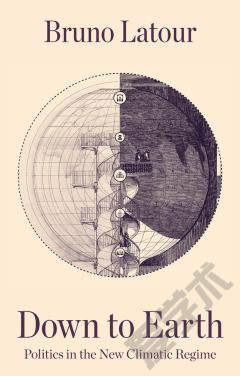

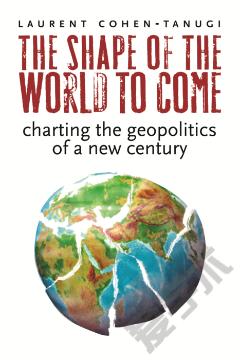
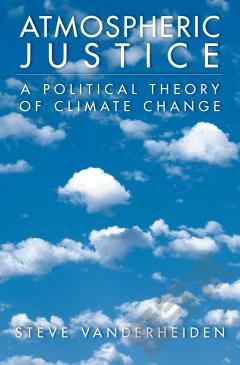

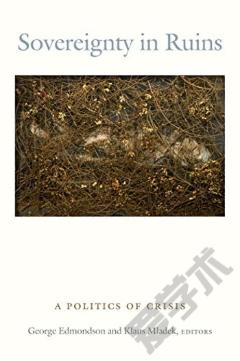
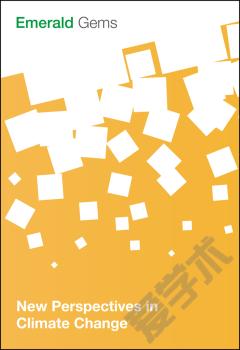

 京公网安备 11010802027623号
京公网安备 11010802027623号